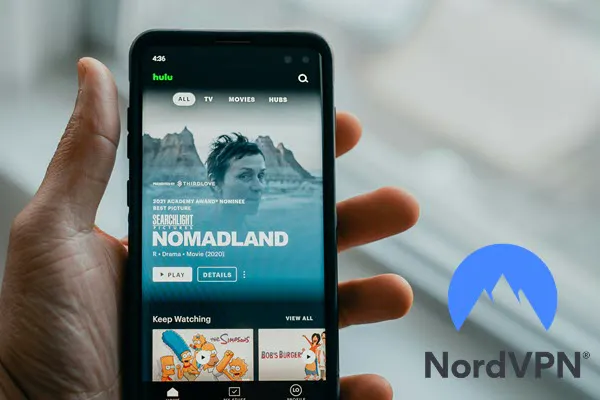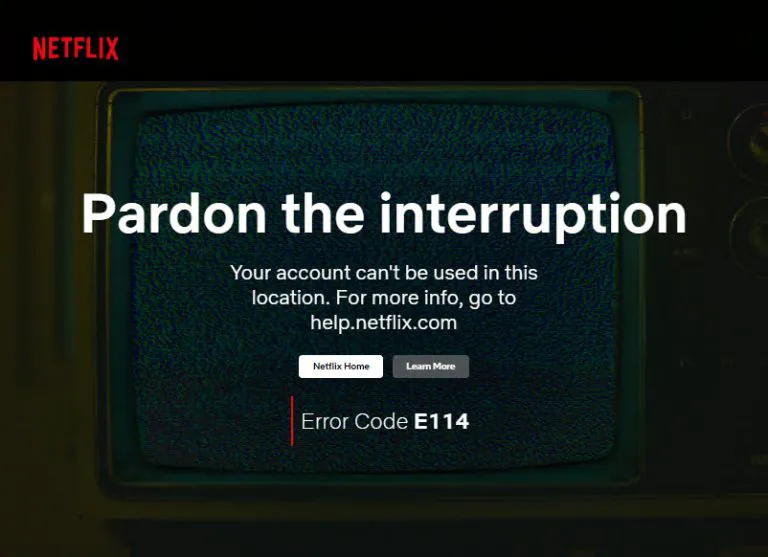How to Find Someone on the Internet with Just a Name – 2024 Guide

In today’s world, the prevail of the Internet and social media has made it easier for us to stay in touch with a various of individuals. It has also opened up new possibilities for finding those who have slipped out of our social circles. Whether you’re trying to get back in touch with lost relatives or childhood friends, learn more about someone you met briefly, or verify if someone is real, using some online resources can be a good idea.

The thing is, finding a single person in the jungle of information on the internet can be a daunting task, especially when the information you have is quite limited, like just a first name and a city.
To help you increase your chances of success, we have researched common challenges people face by cases from forums, shared real experiences, and web posts. Some insights are critical, and others provide nuanced strategies. Let’s begin and learn various practices, skills, and tips necessary to navigate the vast online data for your investigative journey.
Key thoughts for your search:
Before starting the search process outlined in this guide, here are some key points that can aid in your search:
a. gather as much information as possible
The more details you have, the better your chances of finding a clue and locating the person online. Before your search, ask yourself what you know about them besides their name.
b. utilize multiple sources
You can scour data from, for example, social media, major search engines, data aggregation tools, and public records on the internet with the info related to the person.
c. combine methods flexibly
Cross-check data obtained from the methods introduced below in light of your specific situation for better results.
d. manage expectations
Have realistic expectations and be prepared for potential problems, especially when little information is available. Not every search will yield useful results.
1. Start with social media

All kinds of social media platforms now connect nearly everyone to a social network. So, social networks are a great place to start your search for the person in question.
If you suspect the person is very active on social media, try searching their name across popular platforms one by one. You can also conduct the search based on the users features of each platform. For instance, artists usually have profiles on Instagram or DeviantArt, while programmers are often found on GitHub.
If you’re unsure where to start, focus on those with a higher likelihood of success, such as LinkedIn and Facebook, where users are more likely to use their real names:
- LinkedIn: On LinkedIn, you can search for the person’s name and filter results by location, industry, or company. This platform is particularly useful for professional contacts.
- Facebook: Facebook allows you to utilize its profile search options to look for specific individuals by name, location, workplace, or education. You can also check mutual friends, which can help verify if you’ve found the right person.
If the person you are searching for is or may be a “friend of a friend,” the best approach is to search within your social circle. Check mutual connections in the friends list or connections of people you both might know.
📝 Additional Tips: There are some ‘free’ across-platform social media search tools like Social Searcher that can help you search across multiple social media platforms. However, you might need to pay for a plan to search on more popular platforms like Facebook and Instagram.
– Many people choose to use nicknames or false names, making it difficult to identify them by their real name.
– Due to privacy concerns, some people may set their social profiles to private, making it hard to confirm if the account belongs to the person you’re searching for.
2. Give search engines a go
If searching on social media doesn’t yield the results you want, it’s time to expand your horizons by using search engines. We know you may have tried this before, but there are search strategies you might not have considered.
Often, search results can be too broad when you input just a name (especially a common one). For that, the key is to combine the name with other identifying information, if you know any,to narrow down the results.
For example:

📝 Tips for more advanced searches: try looking through both the web and news sections. Also running an image search can be helpful, providing more intuitive results and possibly leading you to other profiles or related information.
Don’t forget to use other search engines such as Bing, Yahoo, and DuckDuckGo, as each search engine has different algorithms and may yield different results.
3. Use data aggregation services
Digitized information has long been a valuable resource, with companies specializing in aggregating various kinds of data. Among these are services known as people finders or people search tools. They can help individuals discover a person’s information by searching for a name or using other key search options like addresses or phone numbers.
These services typically draw publicly available data from federal, state, and county records, as well as social media profiles. Then they use mechanisms to compare, analyze, and generate reports with the most relevant data that was gathered. So with a people search service, you can potentially find info that allows you know more about an individual.
💡Related:
– Sources of Data: Where do people search sites get their data
– How People Search Engines Work?
Our experience of using people finders:
We have tried some of the notable options on the market and found that these tools can be more time-saving and cost-effective when you have a person’s full name and approximate location.
We have also tried the free options available on the internet. Most of them can offer basic information, such as an address and phone number. But they can fall short when compared to the detailed information provided by the paid services.
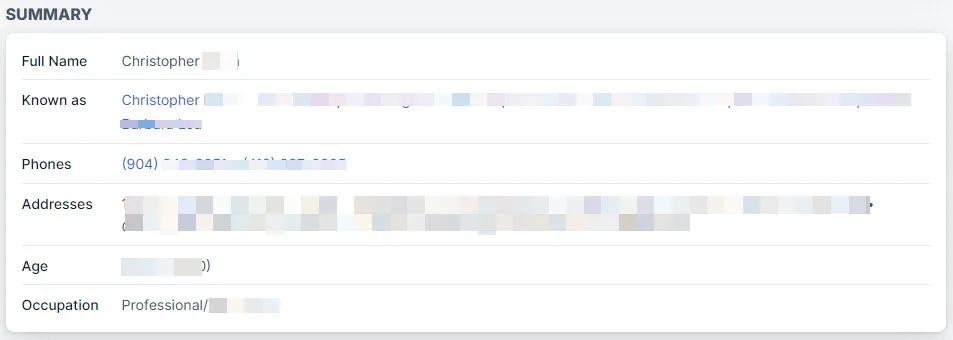
So if you’re interested in getting additional information like email addresses, social media accounts, educational background, and so on, paying for a more thorough service such as BeenVerified will be a better choice.
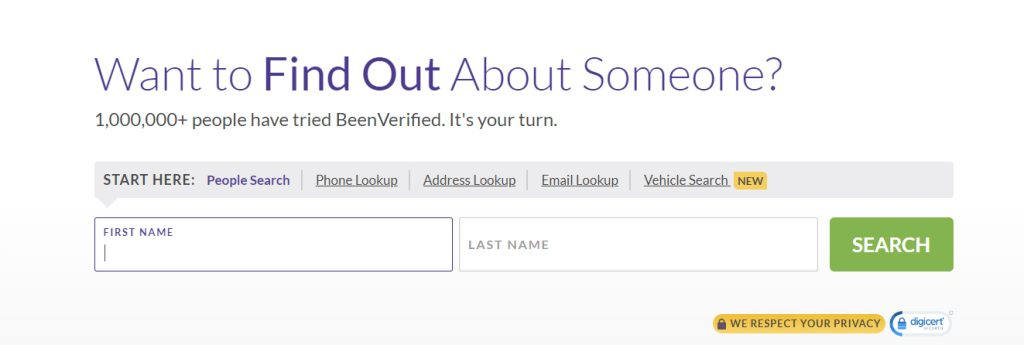
BeenVerified is a tool that can access billions of records from top sources and comb through the related data needed for a detailed report. The process of running a people search with BeenVerified is simple. All we have to do is sign up for a membership, input a name in its search box, and within minutes, the system will provide a list of reports associated with similar names.
By refining the search options to narrow down the results, we were able to locate the correct report based on the individual’s age and location that we were familiar with.
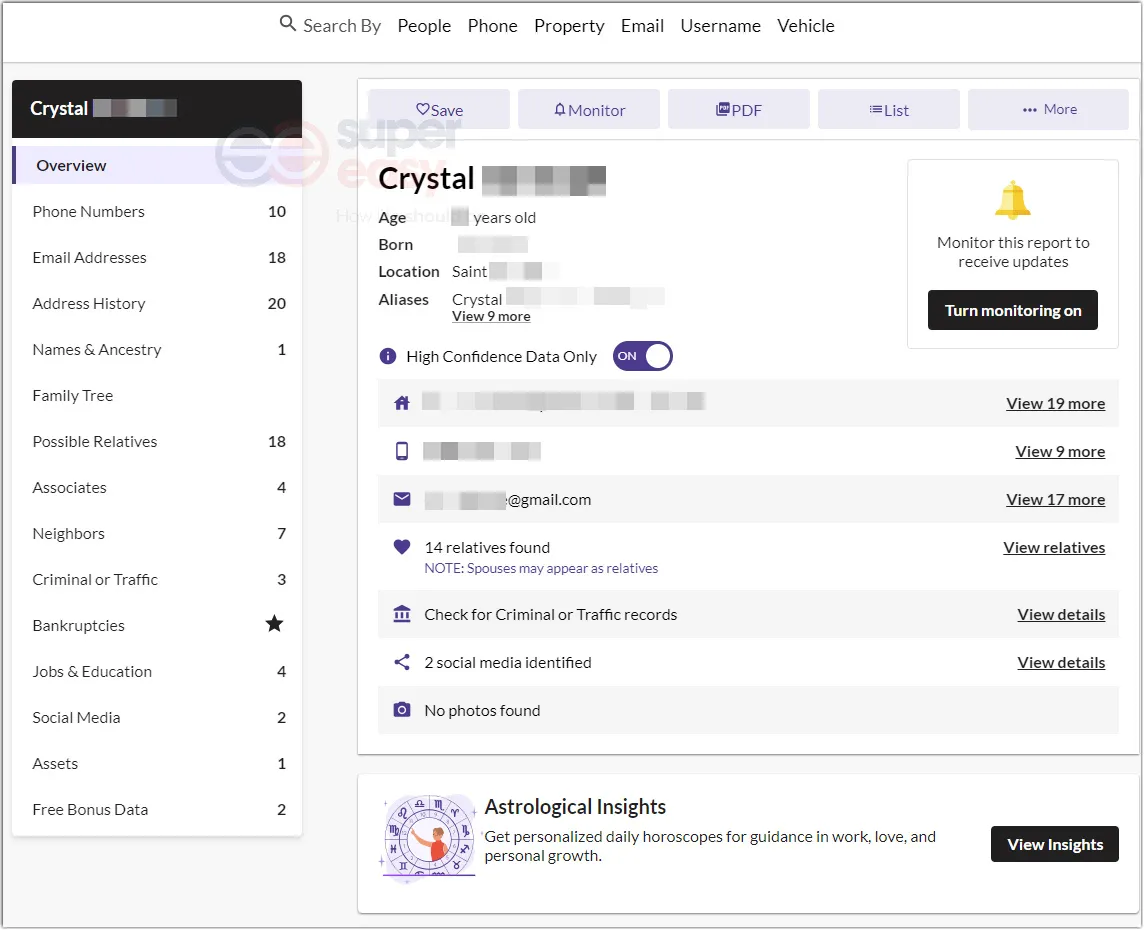
4. Scour public records & online databases



In the United States, certain personal information can be found through public records, scattered across various official databases. If your goal is to verify specific details rather than obtaining comprehensive information or direct contacts, this method may also be suitable for you.
Examples of public records you can search online:
| Property records: many counties and states provide online access to property records, which could include ownership history, property value, and other related details. One Quora user also mentioned that this could help verify a name with supplemental information found in property records. |
| Inmate records: these databases provide information about incarcerated individuals, which might be useful in certain cases. |
| Online memorials: it can provide information about deceased individuals and their family connections. |
| License verification: if the person holds any license (e.g. medical, legal), you can verify their credentials through online state licensing boards. |
| Academic and research databases: online resources that list researchers and academic professionals along with their publications and institutional affiliations can be useful when you need to find some professional connections. |
The examples listed above are just a few types of public records for your reference. If you are looking for information on other public resources, you can utilize search engines to find the relevant databases that cater to your specific needs.
💡Related: Accessing Public Records – Links and Resources
5. Post a missed connection online

Posting a missed connection online is more about taking a chance and hoping for a lucky response. It’s a way to put your search out into the world and see what comes back. You never know – someday you might get unexpected and helpful responses.
Here are some of the places to post:
By sharing detailed descriptions of the person you are looking for as well as the circumstances under which you met, you may improve the likelihood that someone who knows them might see the post and reach out.
Final thoughts
Online searching on various platforms and databases often requires a certain sensitivity and careful consideration. And what you need to do is to tailor your search methods based on the information you have and combine different techniques:
For example, you might find a relative of the target person through a people search site and then locate the person via that relative’s social media connections. Another example shared by an online user also illustrates this well: they found useful information and the full name of the target through a relative’s online info, then used the info to run social media searches on Facebook and Instagram, ultimately locating the right account.
Furthermore, the aim should always be to gather as much information as possible about the person. Each piece of information may bring you closer to your goal. It’s important to note that individuals with common names are harder to locate, but additional details like age and city can significantly narrow down the search.
FAQs
Searching for someone online is generally legal as long as you use publicly available information responsibly and ethically. Remember to use the methods mentioned above, especially the people search services, with legitimate purposes. Respect the privacy and rights of individuals and avoid using the information for harmful purposes.
💡Related: Tips for Using People Search Engines Responsibly and Wisely
If your online search doesn’t yield results, consider trying some ‘offline’ methods:
– Revisit Places: Go back to the place where you met the person and ask around. Local staff or regulars might have useful information.
– Use DNA Kits: For finding family members, DNA testing services like AncestryDNA or FamilyTreeDNA can help connect you with relatives.
– Hire a Private Investigator: PIs have access to specialized databases and investigative techniques that can aid in your search.


 View all of Evie Gan's posts.
View all of Evie Gan's posts.
